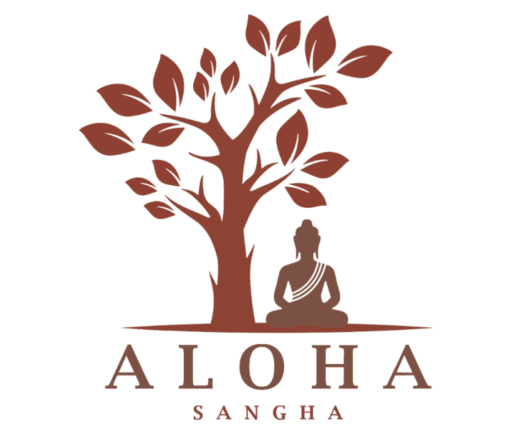mindfulness: unfolding into wholeness
I was recently reading a very inspiring book by Mary O’Malley, the title of which I love: What is in the Way is the Way. In the bio blurp on inside back cover Mary writes that she “barely survived childhood.”
The compact bio continues: “Throughout her youth, she experienced an ever-deepening descent into darkness, culminating in hospitalization in 1968. After a number of suicide attempts, she had a life-changing realization in which she saw through the games of the struggling mind and experienced a full and complete connection with life which is the foundation of her work.”
I saw elsewhere in the book that she was born in 1945, and has been in private practice as a social worker and counselor for over forty years.
There is one line which truly spoke to me in her book:
When we dissolve our cloud banks of struggle through mindfulness and heartfulness, we can see, hear, taste, touch and smell the exquisite sacredness of all of life.
Most of us find ourselves living from a place of struggle more often than we may care to see. Our days can be visited by many little struggles, an occasional big one, and some that are just nonsensical. Mindfulness and this “heartfulness” Mary talks about can truly allow us to live from a place of openness and ease, even while experiencing deep challenges and struggles.
Back in the late 1930’s Carl Jung described a paradigm shift in understanding the spiritual path — rather than climbing up a ladder seeking perfection, he explored an unfolding into wholeness. He clearly saw the inherent flaws of trying to transcend or vanquish the difficult aspects of our life, our struggles and challenges, which we often associate with something being wrong with us.
Without an appreciation of our difficulties in a way which truly accepts and honors them as a part of us, fear, shame, jealousy, and anger, and other reactive patterns tend to become emboldened by our disdain for them.
But, as Mary O’Malley wrote so eloquently, mindfulness and heartfullness can dissolves these cloud banks of struggle. But we need to develop the patience and the emotional maturity to allow our stuff to marinate in mindfulness, and tenderize with heartfullness. Otherwise they simply harden into anxiety, depression, or stuffing or numbing ourselves.
Mindfulness helps us turn around and embrace life in all its messy brokenness.
Pema Chodron points out what can really keep the struggles going is a feeling that we can fix the stuff that we struggle about, or somehow fully resolve everything, though pushing through for some sort of magic breath through in our spiritual practice.
Consider this from Pema:
“We think that the point is to pass the test or to overcome the problem, but the truth is that things don’t really get solved. They come together and they fall apart.”
Pause here a moment. Let this sink in.
Things don’t really get solved. They come together and they fall part again.
I talk to a few folks in our group who tell me they are having a very difficult 2016 so far. But after a little prodding, sometimes I get a “but …”
As in: “Its been hell, but it’s weird, at times I feel more grounded and open than I have ever felt before.”
A kind of trust emerges in the wholeness, or holiness, of the ways things are.
There are two lines I am particularly fond of from the Persian poet Rumi:
Out beyond ideas of wrongdoing and rightdoing there is a field. I’ll meet you there. When the soul lies down in that grass the world is too full to talk about.
What he seems to be saying is that right outside of this world of your mind that is always liking/ disliking (AKA struggling) a completely other deal is happening.
Maybe at first it’s just a glimpse, or an intuition, of spaciousness, ease, joy.
Mindfulness allows us to be open to these small moments of joy and peace, such that we don’t cut them short like we always do, as we scurry back into worry, regret or second-guessing ourselves.
This “other place” is actually really a deep inner place which is always here for you. And it is absolutely trustable. It is not always likable, but it can be trusted, no matter what is happening.
It is possible to know deeply what Pema Chodron means when she says “enlightenment is all about relaxing into our life just as it is right now” — imperfect as hell, messy at times, but it’s here and now that glimpses come.
And as they come, we begin the process Jung wrote about above, that rather than trying to climb up a ladder seeking perfection and to fix or resolve things, we are unfolding into the wholeness moment by moment of the way things are.






